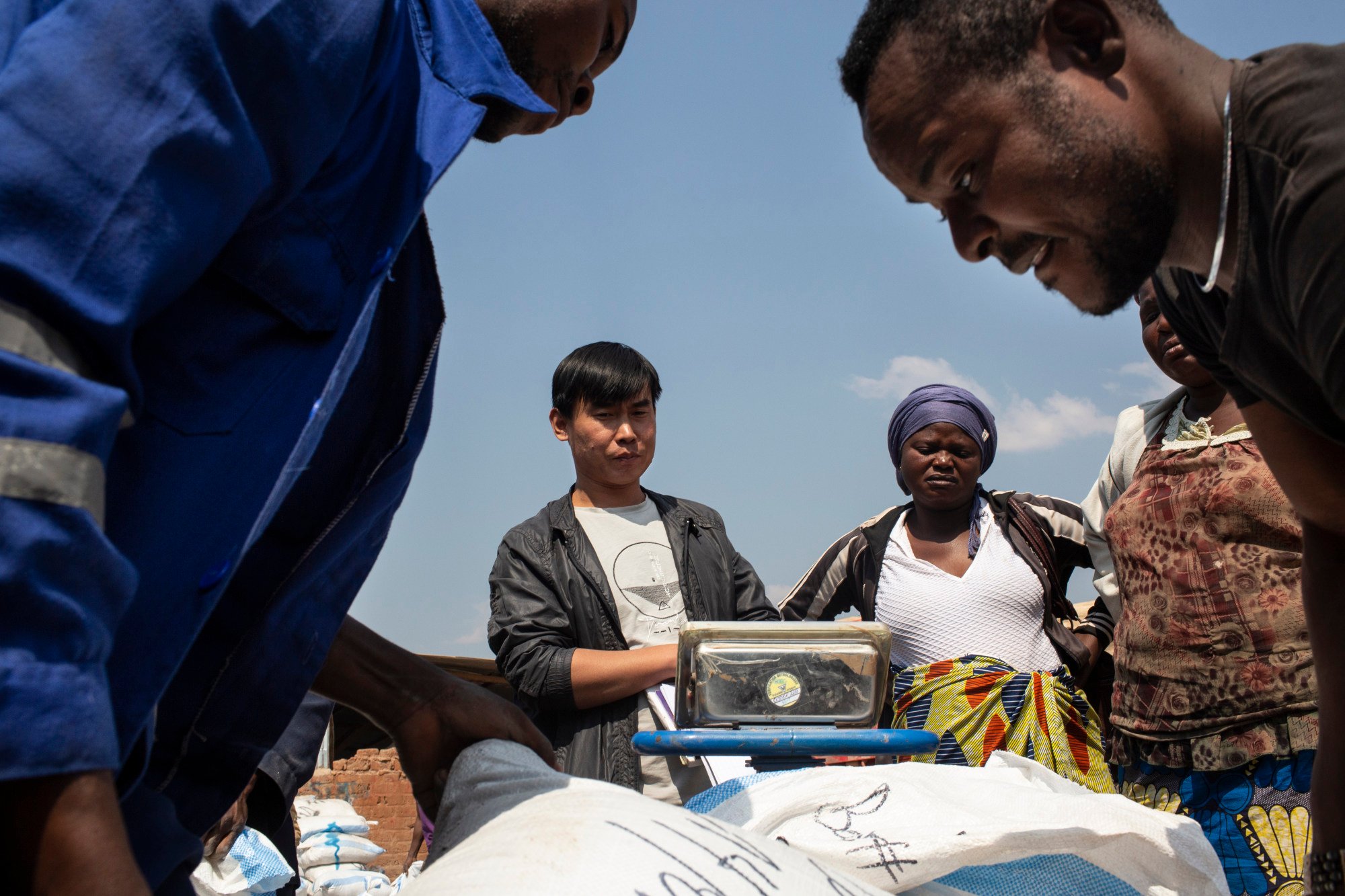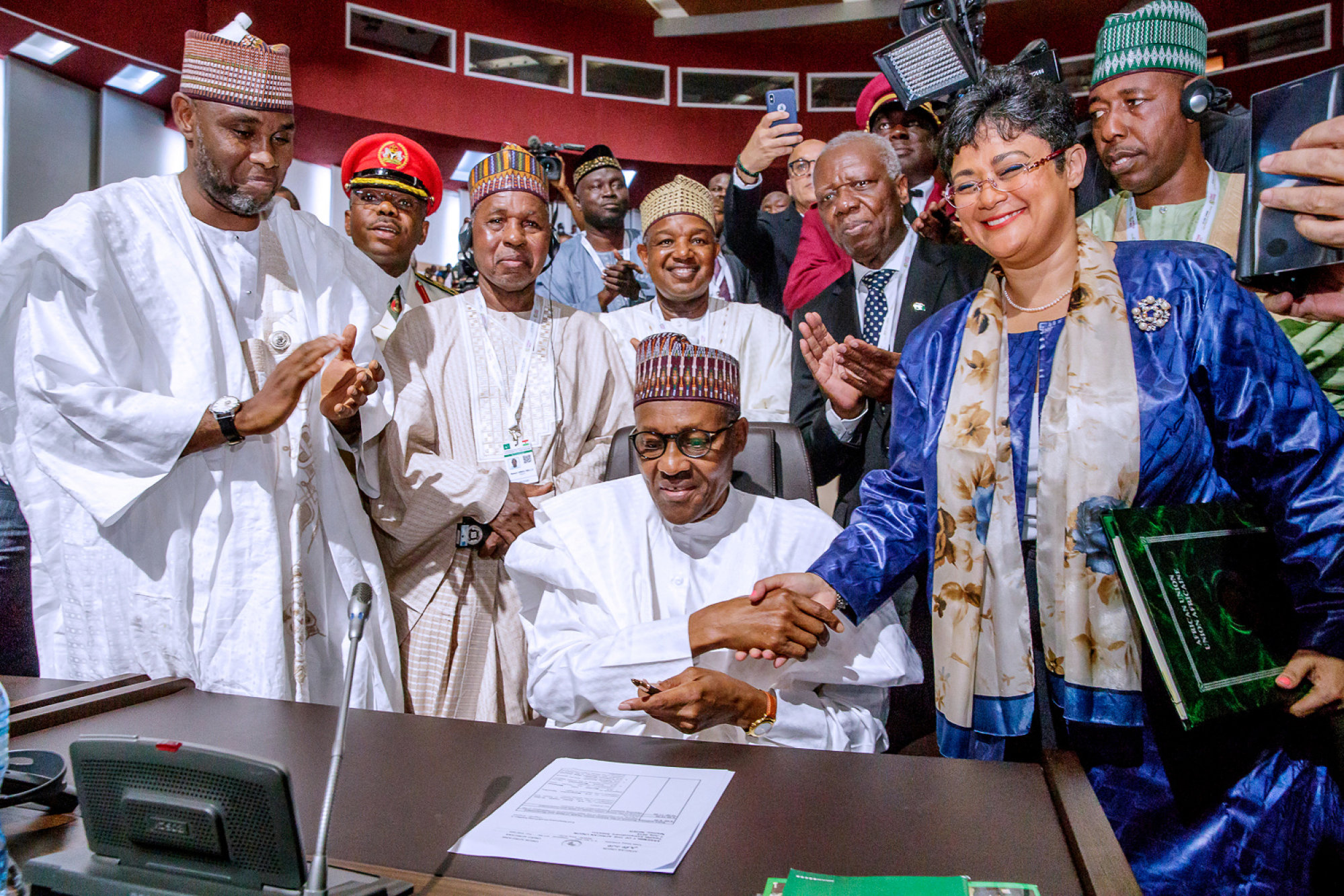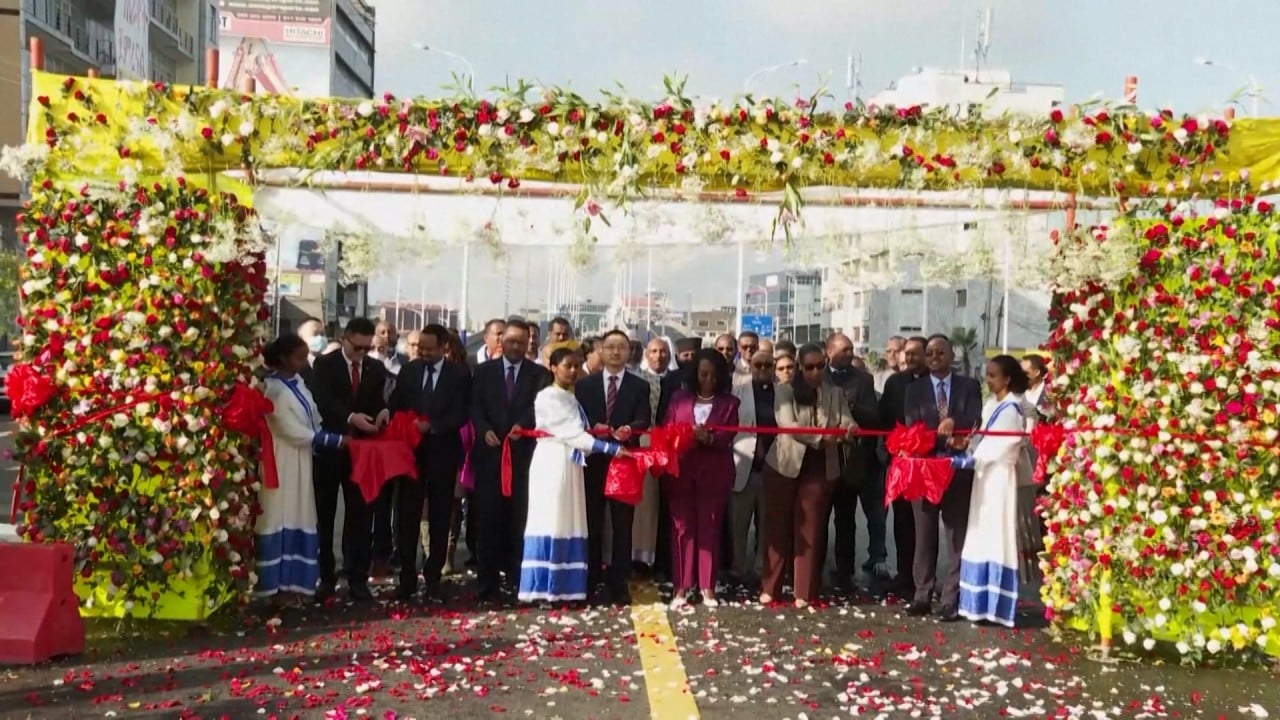A key approach would be to promote a broader range of tradeable goods outside natural resources to enhance commercial opportunities. To date, Africa concentrates on exporting natural resources such as chromium, platinum, diamonds, iron, cobalt, copper and uranium, given that it has 30 per cent of the world’s remaining mineral resources, as well as 12 per cent of the world’s oil and 8 per cent of the world’s natural gas reserves.
The high risks of Chinese players’ high-reward stakes in African mining
The high risks of Chinese players’ high-reward stakes in African mining
However, overreliance on trading natural resources is not always beneficial, given price fluctuations. Also, resources can be a source of conflict, and large resource revenues can sometimes lead to government corruption and poor governance.
Various African countries, such as Nigeria, Angola, the Democratic Republic of Congo and Chad are rich in natural resources, but have struggled to translate these into sustainable development and improved living standards for their people. Additionally, the focus on resource extraction can neglect other sectors of the economy, leading to a lack of diversification and long-term economic instability.

Trade in more varied goods and services – cotton, live animals, fish, maize, cocoa, tea and sugar, as well as business and travel services – is more frequent between different African countries, such as Ivory Coast, Ghana, Kenya, Nigeria and Zimbabwe, but accounts for less than a quarter of the continent’s total trade.
While this pattern of trading goods other than natural resources should be translated into worldwide exports, there may not be a global market for other African goods, and it’s unlikely they would be as financially lucrative as commodities. Therefore, there should be a focus on promoting intra-African trade.
The United Nations estimates that the domestic African market could become a US$3 trillion market. Meanwhile, the African Continental Free Trade Area is working to reduce trade barriers between African countries.
As more potential industries open up, African governments need to address youth education and training. The continent has the youngest population in the world, but around 72 million young people aged between 15 and 24 are neither in training, at work or in school, according to the International Labour Organization.

Diversifying trade partners may also offer Africa a safety net amid China’s domestic issues.
The US-Africa relationship needs to be developed, too. Trade between sub-Saharan Africa and the US has plateaued in recent years during China’s courtship, despite the African Growth and Opportunity Act (AGOA) facilitating tariff-free US market access. Africa-US trade has not progressed as much as had been hoped, although the act boosted South Africa’s auto exports from US$150 million in 2000 to US$2.2 billion in 2013, and African exports to the US reached over US$10 billion in 2022. Yet, only some of the over 30 African members have developed strategies to utilise the act.
The US’ exclusion of Uganda, Central African Republic, Gabon and Niger from AGOA for policy reasons marks a stark difference from China’s non-interference stance in African politics. Africa needs to address the issue of human rights if it wants to strengthen partnerships with Western countries.
It’s time for Africa to shift towards diverse trade alliances and new internal economic dynamics. Harnessing the African Continental Free Trade Area could be key to bolstering intra-continental trade and transcending reliance on natural resources. Meanwhile, rejuvenating ties with the US, despite AGOA’s hurdles, is imperative.
Africa’s path forward depends on expanding its economic horizons and cultivating a workforce equipped for the evolving landscape of opportunities.
Sonja Cheung is editorial director at the Asia Business Council


